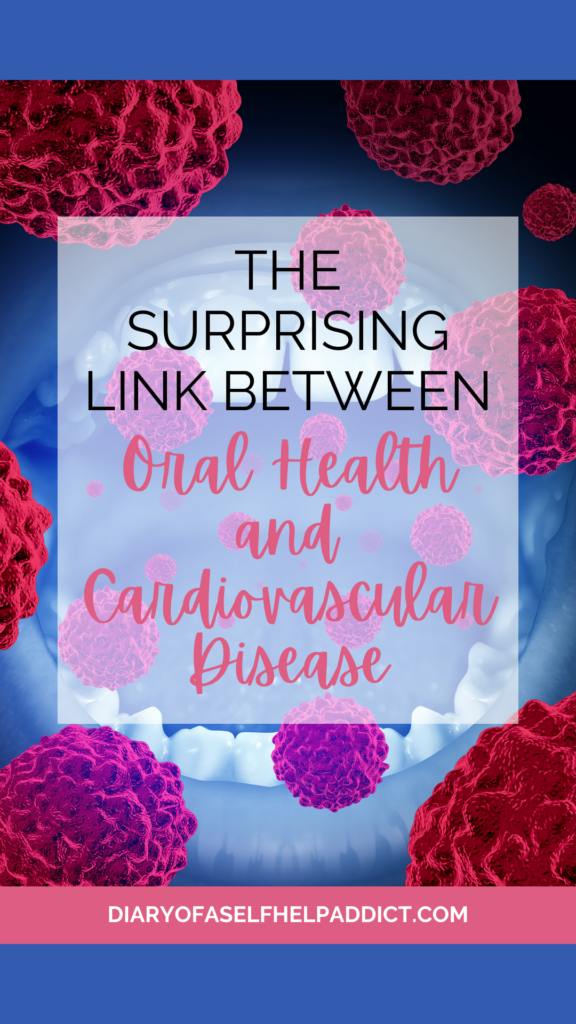
When it comes to health, the phrase “everything is connected” could not be more accurate. As an OB nurse, Pilates instructor, and wellness advocate, I’ve observed firsthand how seemingly unrelated areas of the body can profoundly influence one another. A prime example of this is the link between oral health and systemic diseases, particularly cardiovascular disease. While surprising to some, this connection is gaining significant attention in medical research thanks to pioneering works like Dr. Thomas Levy’s The Hidden Epidemic. Dr. Levy’s research shows how poor oral health can act as a silent driver for a range of serious health conditions, including heart disease, pregnancy complications, sinus issues, and gut disorders.
In this blog post, we’ll explore this critical relationship and offer actionable tips to improve your oral hygiene—and, by extension, your overall health. By the end, you’ll understand why your next dental checkup is about much more than just a bright smile.
How Oral Health Impacts the Heart
The connection between oral health and cardiovascular disease lies in chronic inflammation and bacterial transference. When oral health deteriorates—whether due to gum disease, dental infections, or root canals—it creates a breeding ground for harmful bacteria. These bacteria can enter the bloodstream, triggering an inflammatory response that damages blood vessels and contributes to arterial plaque buildup.
Key Findings on Oral and Cardiac Health:
- Gum Disease and Heart Disease: Studies have shown that individuals with periodontitis (advanced gum disease) are up to three times more likely to suffer from heart attacks or strokes.
- Bacterial Pathways: Pathogens like Porphyromonas gingivalis, commonly found in gum disease, have been identified in arterial plaque. These bacteria may contribute to atherosclerosis.
- Inflammation as a Catalyst: Inflammation from oral infections doesn’t remain localized. Instead, it spreads, exacerbating systemic issues like hypertension and heart disease.
- Oral Bacteria in Blood Clots: Most surprising to me, Dr. Levy’s research has shown that lab tests found oral bacteria present in blood clots of individuals who suffered heart attacks, further proving the connection between oral infections and cardiovascular disease.
Related Podcast: Dr. Tom Levy on Oral Health’s Impact on Overall Wellness
The Oral-Systemic Connection Beyond the Heart
Oral health impacts far more than cardiovascular disease. Here are additional areas where the mouth acts as a gateway to systemic problems:
1. Pregnancy Complications
As an OB nurse, I’ve seen the undeniable link between gum disease and pregnancy outcomes. Infections and chronic inflammation can increase the risk of preterm labor, low birth weight, and preeclampsia. Pregnant women are particularly vulnerable to gingivitis due to hormonal changes, making regular dental care essential during pregnancy.
2. Gut Health
Oral bacteria swallowed daily can disrupt the delicate balance of the gut microbiome, leading to conditions like irritable bowel syndrome (IBS) and leaky gut syndrome. Poor oral hygiene can introduce harmful pathogens into the digestive system, compounding gastrointestinal issues.
3. Respiratory Diseases
Bacteria from the mouth can travel to the sinuses and be aspirated into the lungs, increasing the risk of respiratory infections like pneumonia.
Why Root Canals Are a Controversial Topic
Dr. Levy’s book highlights root canals as an often-overlooked culprit in oral-systemic disease. While root canals are intended to save teeth, they can create a permanent reservoir for harmful bacteria.
What Makes Root Canals Risky?
- Incomplete Sterilization: It’s nearly impossible to thoroughly sterilize the intricate canal system, leaving bacteria behind.
- Chronic Infection: Sealed-off infections can silently leach toxins into the bloodstream, contributing to chronic inflammation and systemic health issues.
- 100% Infection Rate: Dr. Levy’s research tested over 3,000 root-canaled teeth in laboratory conditions; astonishingly, every single one was infected.
Furthermore, some experts, like a doctor in California specializing in ozone therapy, have observed fascinating connections between teeth and specific areas of the body, akin to meridians in traditional medicine. This doctor treated a patient with low back, and hip pain. Upon inquiring, he discovered the patient had a root canal on a tooth linked to those areas. Remarkably, when the doctor injected lidocaine into the tooth—despite no pain in the mouth—the patient’s back, and hip pain disappeared instantly. He recommended the patient visit a biological dentist to have the root canal removed to address the issue permanently.
Related Read: The Hidden Epidemic by Dr. Thomas Levy, MD
The Role of Mercury Amalgams in Systemic Health
Mercury amalgam fillings also pose significant health risks. According to Dr. Levy, these fillings can release toxic mercury vapors over time, contributing to neurological issues, immune dysfunction, and systemic inflammation. Removal of mercury amalgams by a skilled biological dentist is strongly recommended for individuals seeking to optimize their overall health.
Are Harsh Mouthwashes Harming Your Oral Microbiome?
While mouthwash can be a helpful addition to oral hygiene, some experts caution against using harsh formulations like Listerine. These products often kill both harmful and beneficial bacteria, disrupting the delicate balance of the oral microbiome. A compromised oral microbiome can increase vulnerability to infections and systemic health issues. Opt for gentler, alcohol-free mouthwashes or consider natural alternatives like saltwater rinses or herbal formulations.
Practical Tips for Optimal Oral Health
Improving your oral hygiene isn’t just about avoiding cavities but protecting your overall health. Here are some actionable steps:
1. Get Regular Dental Checkups
Schedule biannual visits to a trusted dentist who prioritizes preventative care. Early detection of gum disease and cavities can prevent more severe health issues down the line.
2. Brush and Floss Daily
- Use a soft-bristled toothbrush to avoid damaging gums and enamel.
- Choose a fluoride-free, natural toothpaste with antibacterial properties.
- Flossing removes food particles and bacteria from between teeth, where brushes can’t reach.
3. Avoid Sugar and Processed Foods
Diet plays a crucial role in oral health. Reduce sugar intake and opt for whole, nutrient-dense foods that support gum and tooth health, such as leafy greens, nuts, and dairy products.
4. Rethink Root Canals
If a root canal is recommended, consult a biological dentist to explore minimally invasive or alternative options.
5. Stay Hydrated
Saliva acts as a natural defense against bacteria. Drink plenty of water throughout the day to maintain optimal saliva production and oral pH levels.
Natural Remedies for Oral Health
In addition to regular brushing, flossing, and dental checkups, several natural remedies can help support oral health and reduce harmful bacteria without disrupting the delicate oral microbiome.
1. Oil Pulling
Oil pulling is an ancient Ayurvedic practice that involves swishing a tablespoon of coconut, sesame, black seed or olive oil in the mouth for 15-20 minutes before spitting it out. This technique helps to:
- Reduce harmful bacteria like Streptococcus mutans, which contributes to cavities.
- Improve gum health by reducing inflammation.
- Support detoxification by pulling toxins from the mouth before they enter the bloodstream.
2. Herbal Mouthwashes
Instead of alcohol-based mouthwashes, try natural alternatives like:
- Saltwater rinses to promote healing and kill harmful bacteria.
- Aloe vera or green tea mouthwashes, which have antimicrobial and anti-inflammatory properties.
3. Probiotics for Oral Health
Just like the gut, the mouth has a microbiome that thrives on beneficial bacteria. Consuming probiotic-rich foods like yogurt, kefir, and fermented vegetables or using oral probiotic lozenges can help maintain a balanced oral microbiome.
4. Baking Soda & Hydrogen Peroxide
A gentle baking soda paste can neutralize acids and whiten teeth naturally. Hydrogen peroxide (diluted) can also help with bacteria reduction but should be used cautiously to avoid enamel damage.
Kelly’s Thoughts
Your mouth is more than a tool for eating and speaking; it’s a window into your overall health. By investing in proper oral care, you’re not just preserving your smile—you’re protecting your heart, gut, and so much more. Regular dental checkups, a consistent oral hygiene routine, and an awareness of potential risks like root canals are simple yet effective ways to safeguard your health.
As Dr. Levy aptly highlights, addressing the hidden epidemic of oral disease can have transformative effects on your well-being. So, the next time you brush or floss, remember: your body will thank you.
I’d love to hear from you! Comment below with your favorite oral health care tips. See below for links to my favorite non-fluoride toothpaste, water flosser, dental floss and toothbrush.
As an Amazon Associate, I earn a small commission on qualifying purchases at no extra cost to you. You can read my privacy policy and discloser here. Thank you for supporting my small business!
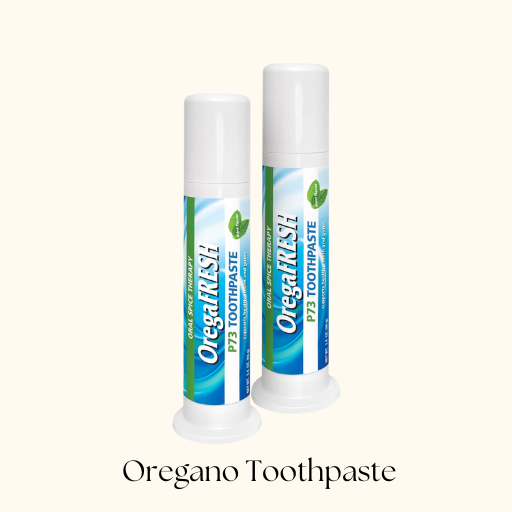
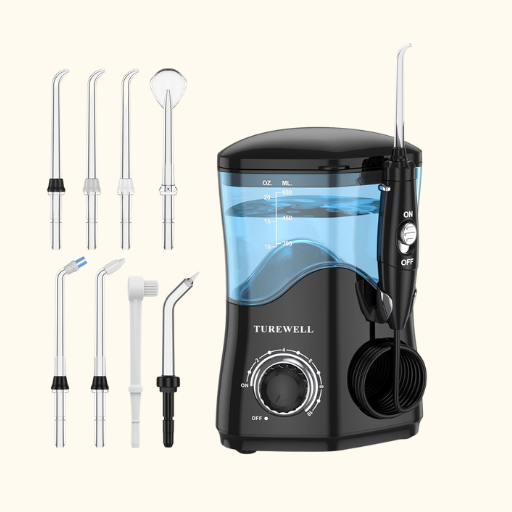
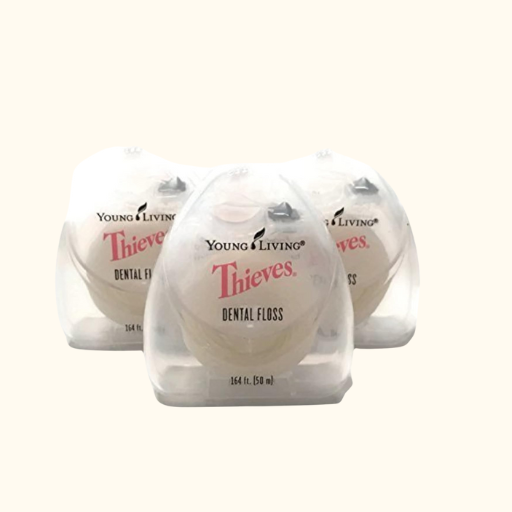
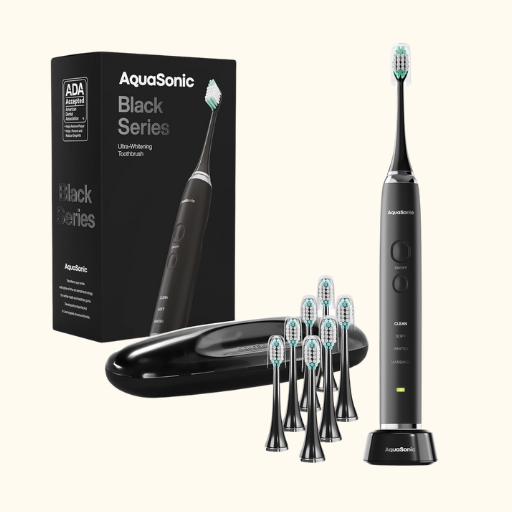
Pin it for later
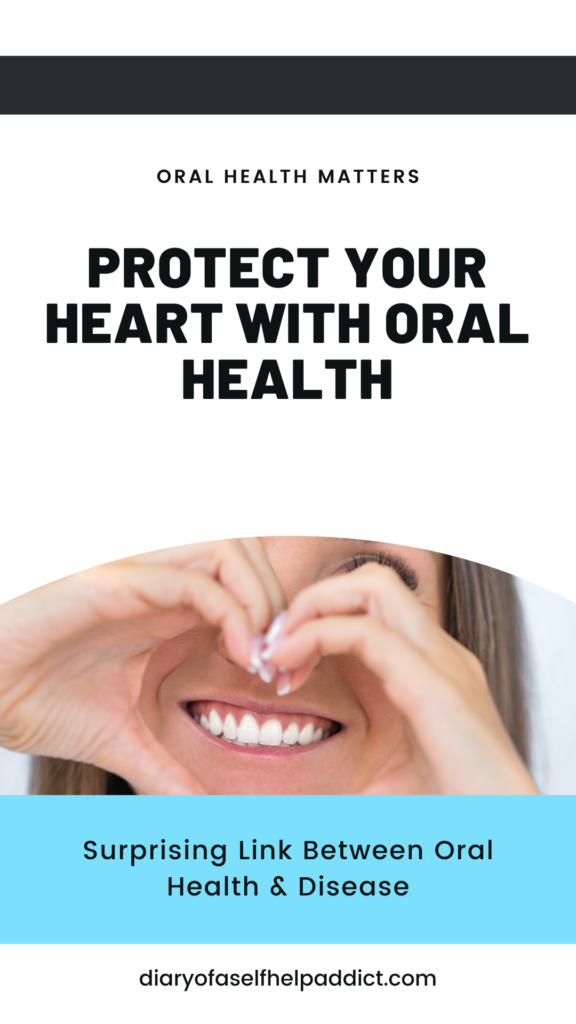

Very interesting! And thank you for reminding me about oil pulling. It’s been on my list to incorporate into my routine but I keep forgetting!
This is fascinating and makes so much sense! Every system in our body is connected.
So true! Thank you for your kind words!
This was such a fascinating post! Totally learned a ton!🤩
Thank you, Penny!!